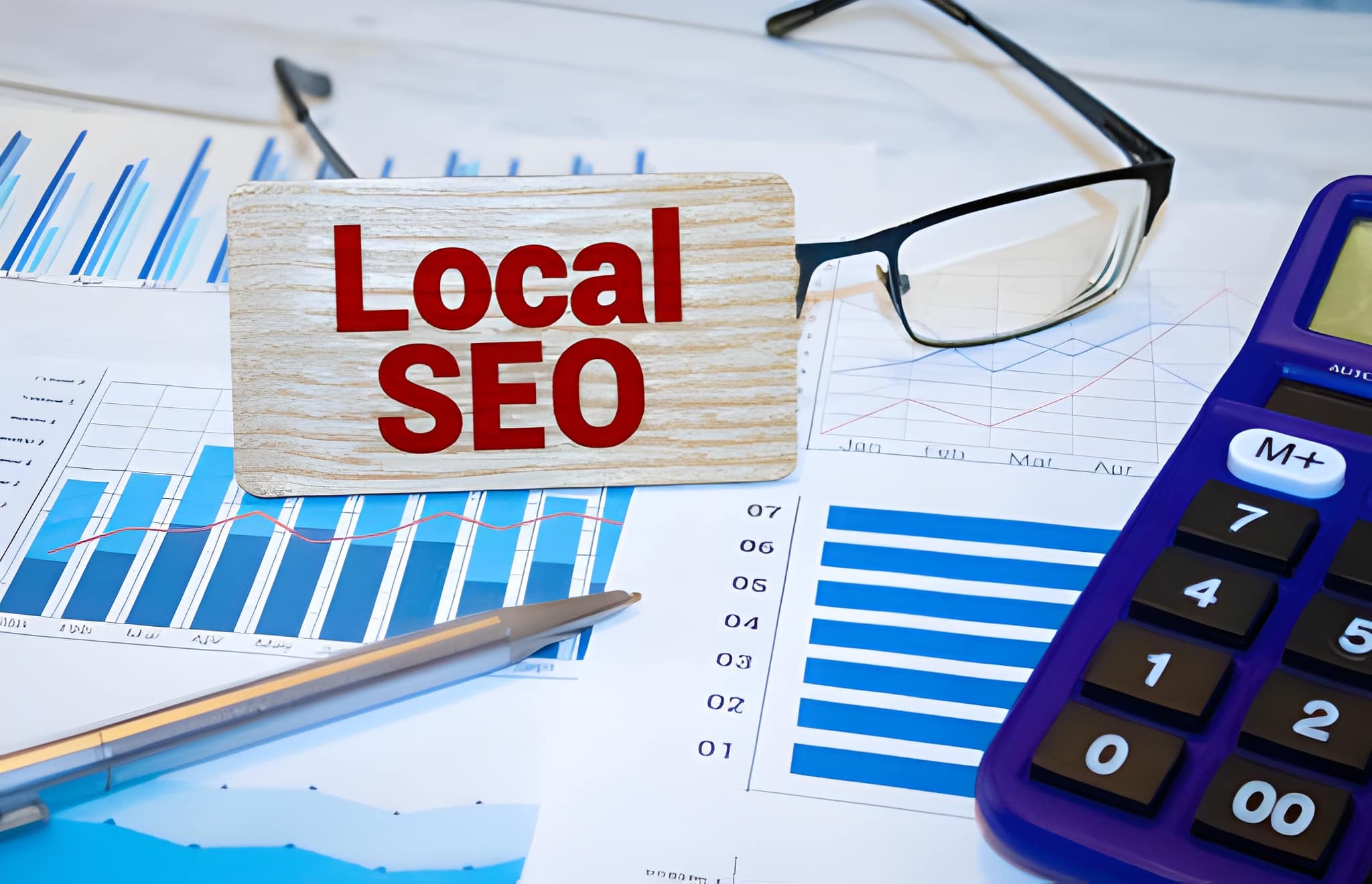Digital marketing helps small businesses reach customers, compete with larger brands, and grow online. It uses SEO, social media, email, and ads to attract the right audience. These tools create visibility, leads, and sales at a lower cost than traditional marketing.
Small businesses need digital marketing to survive and grow in today’s online world. It helps reach people who are actively searching for products and services. It also builds brand trust and loyalty. With the right strategy, small companies can compete with big brands.
What Is Digital Marketing?
Local SEO Services in the USA are part of digital marketing, which uses online channels to promote a business. These include search engines, social media, email, and paid ads. It helps businesses connect with customers through the internet.
Why Digital Marketing Matters for Small Businesses
- Helps small businesses compete with large brands
- Increases online visibility
- Brings targeted website traffic
- Builds customer trust
- Improves sales and conversions
How Small Businesses Can Use Digital Marketing (Step-by-Step)
- Set up and optimise a Google Business Profile
- Improve website visibility with SEO
- Create helpful content for customers
- Use social media to build engagement
- Run paid ads to reach ready-to-buy users
- Use email marketing to build relationships
- Track and improve results
Key Digital Marketing Channels
- Search engine optimisation (SEO)
- Content marketing
- Social media marketing
- Paid advertising (PPC & social ads)
- Email marketing
- Influencer and affiliate marketing
How to Measure Digital Marketing Success
- Website traffic
- Conversion rates
- Customer engagement
- Lead quality
- Return on investment
Tracking these shows what is working and what needs improvement.
Grow Your Business with Ad-tivity
If you want to strengthen your digital presence and attract more customers in the USA, Ad-tivity provides data-driven digital marketing strategies built for small business growth. From SEO and content to paid advertising and conversion optimisation, our team focuses on helping your business get found by the right people at the right time online.
FAQs (People Also Ask)
What is the most cost-effective digital marketing strategy for small businesses?
SEO and organic social media are the most affordable and long-term options.
How do I know which social media platform is right for my business?
Choose based on where your target audience spends time online.
Can I handle digital marketing on my own?
Yes, but professionals can save time and improve performance as your business grows.
How long does it take to see results?
SEO usually takes 3–6 months. Paid ads and email can show faster results.
What tools help track digital marketing?
Google Analytics, email software, and ad dashboards help measure success.
Author
Reviewed by: Digital Marketing Strategy Team
Last Updated
12 January 2026











